Happy New Year’s to everyone—except the more than 18,000 Overwatch players that got punished by Blizzard on Jan. 2.
The Overwatch developer posted a sprawling list of banned, suspended, and punished players on the game’s forum. The 18,188 accounts were guilty for a number of reasons related to toxicity—throwing games, going AFK, bad language, and harassment—and have differing punishments. A public list of banned players isn’t something traditional to other regions of Overwatch players, but a common act in South Korea. After each season, Blizzard’s South Korean office publishes the list, but it’s not often so long. This particular list was so long that it spanned three posts, as it pushed the developer over its forum character limit not once, but twice.
Related: Blizzard is testing a new moderation system for Overwatch Contenders’ Twitch chat
Blizzard addresses toxicity in Overwatch in a number of ways, but as evidenced by the massive wave of punishments in South Korea alone, the developer still struggles to control the problem. Overwatch game director Jeff Kaplan outlined a player behavior initiative in January of last year, suggesting Overwatch’s toxicity problem remains a major focus. The report feature was overhauled, and Kaplan said the Overwatch strike team is tracking down bad behavior even outside the game—in clips shared on social media, YouTube, and Twitch. New social features were added, too, as a way to promote good behavior.
In July 2018, Kaplan said it was working. The Overwatch game director said competitive games with abusive chat were down 26.4 percent on the American servers and 16.4 percent in South Korea. Players being abusive daily in the Americas was down 28.8 percent and in South Korea, down 21.6 percent.
But toxicity and cheating in Overwatch remains, so much that the government in South Korea is involved, too. Last month, an amendment to the Game Industry Promotion Act was passed, which makes boosting—the act of artificially inflating another low-ranked player’s rating—punishable by law. Boosters can be charged with up to a two-year suspended prison sentence and a fine up to $18,000. A hack creator in South Korea was charged under the same law in June 2018, sentenced to a two-year suspended prison sentence and a hefty fine.
The problem is clearly ongoing, spreading even into Overwatch’s elite-level league. A significant number of Overwatch League players were suspended in the inaugural season for bad behavior, and the punishments have already begun rolling in for the 2019 season. Blizzard has adopted the public shame list with its new “Discipline Tracker,” which will update as punishments are doled out. On Dec. 21, seven players were added to the tracker for a number of different reasons.
In the South Korean forum post, a Blizzard representative noted that the development team is making improvements to the reporting and punishment system.


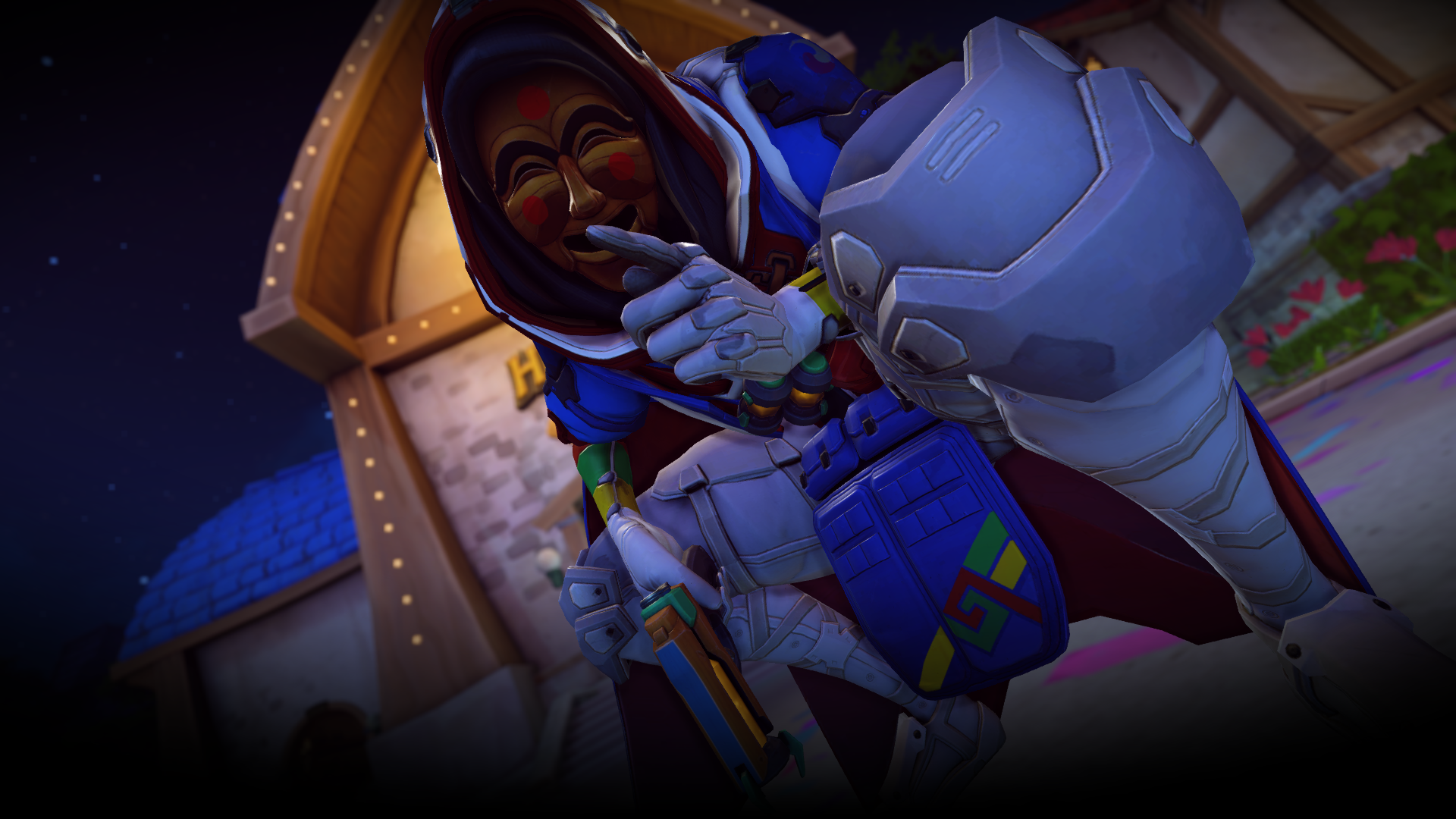
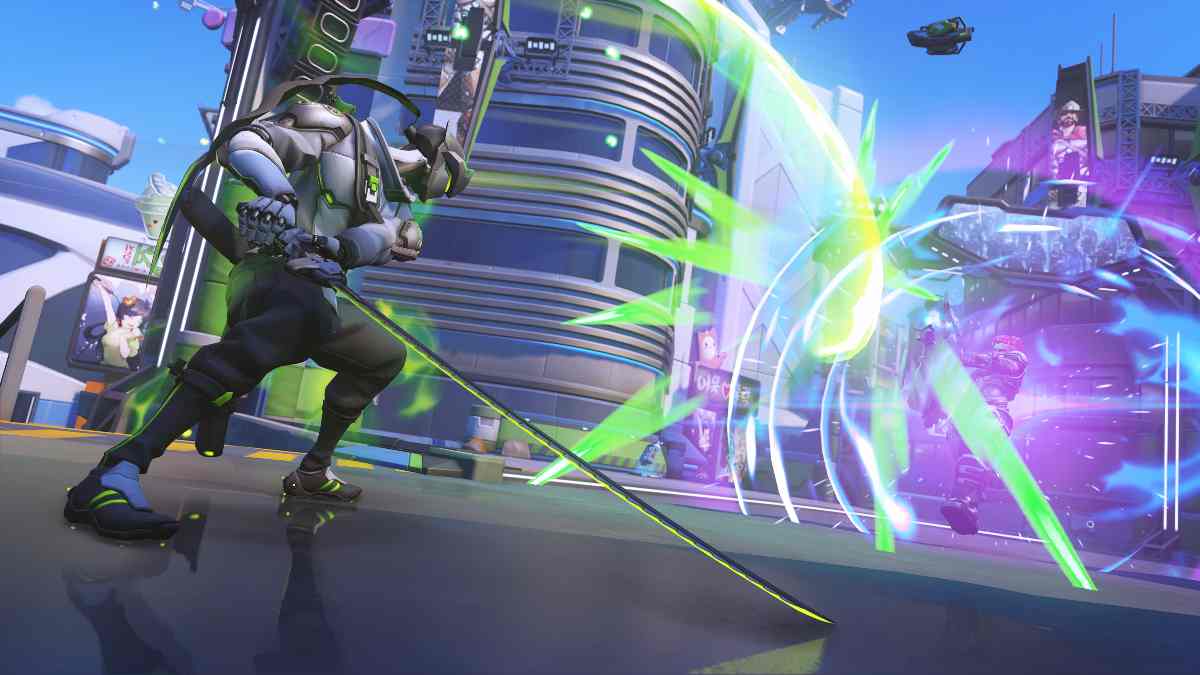
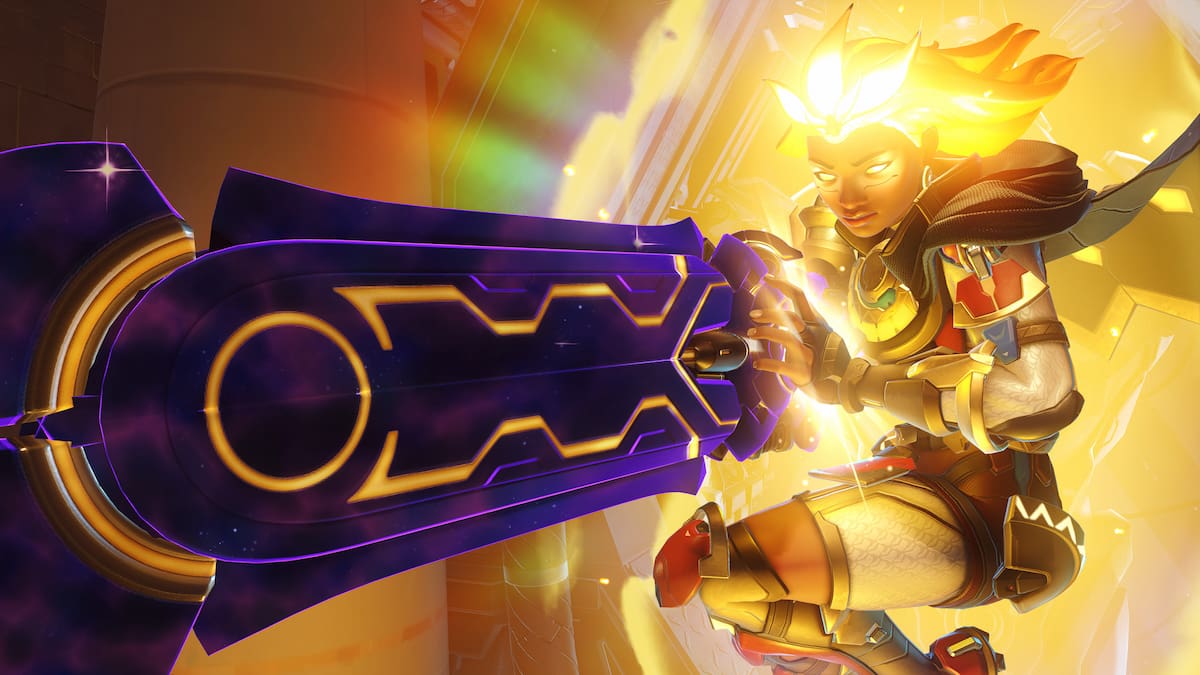



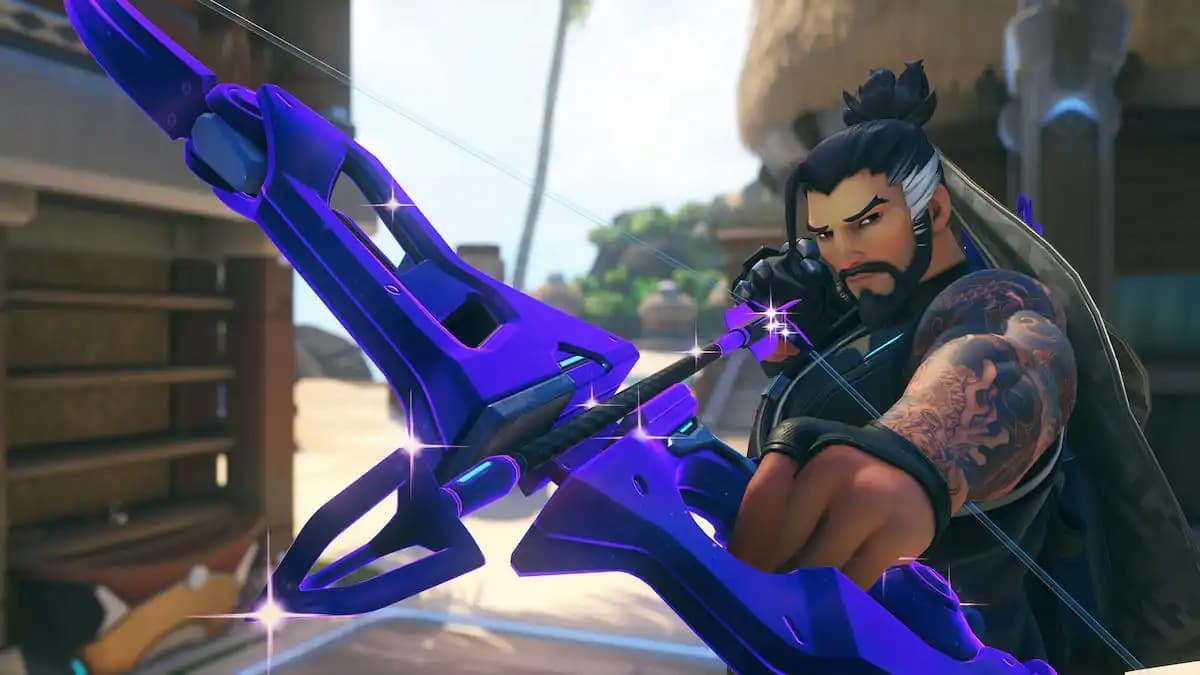

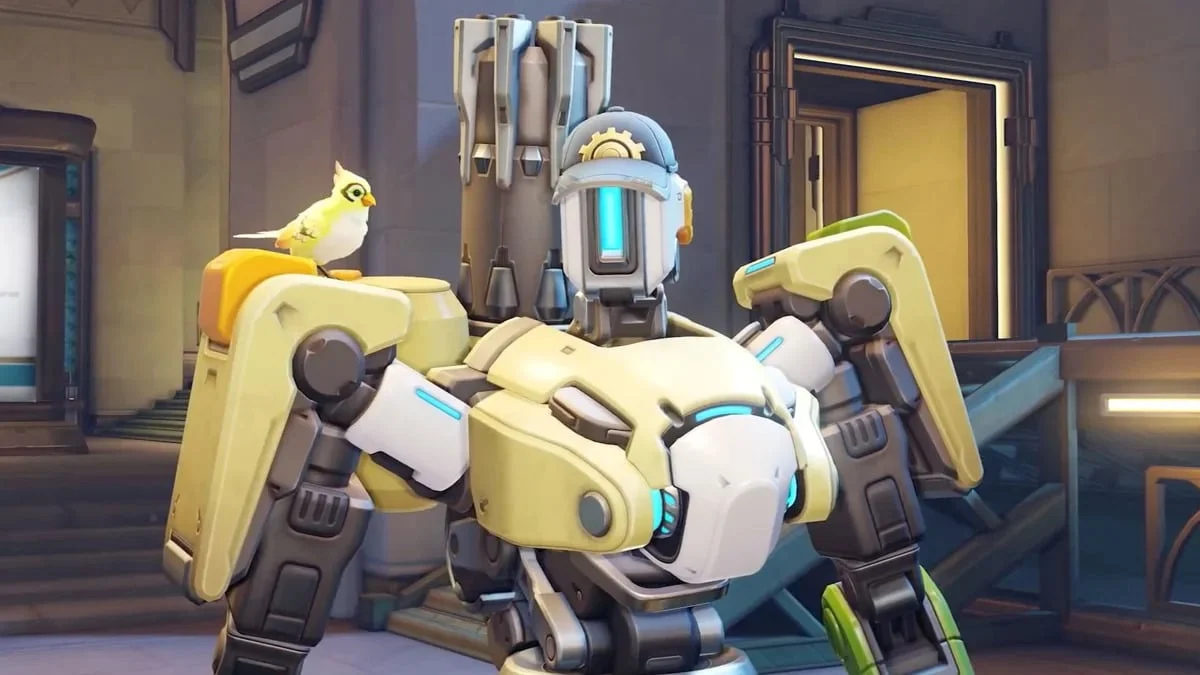
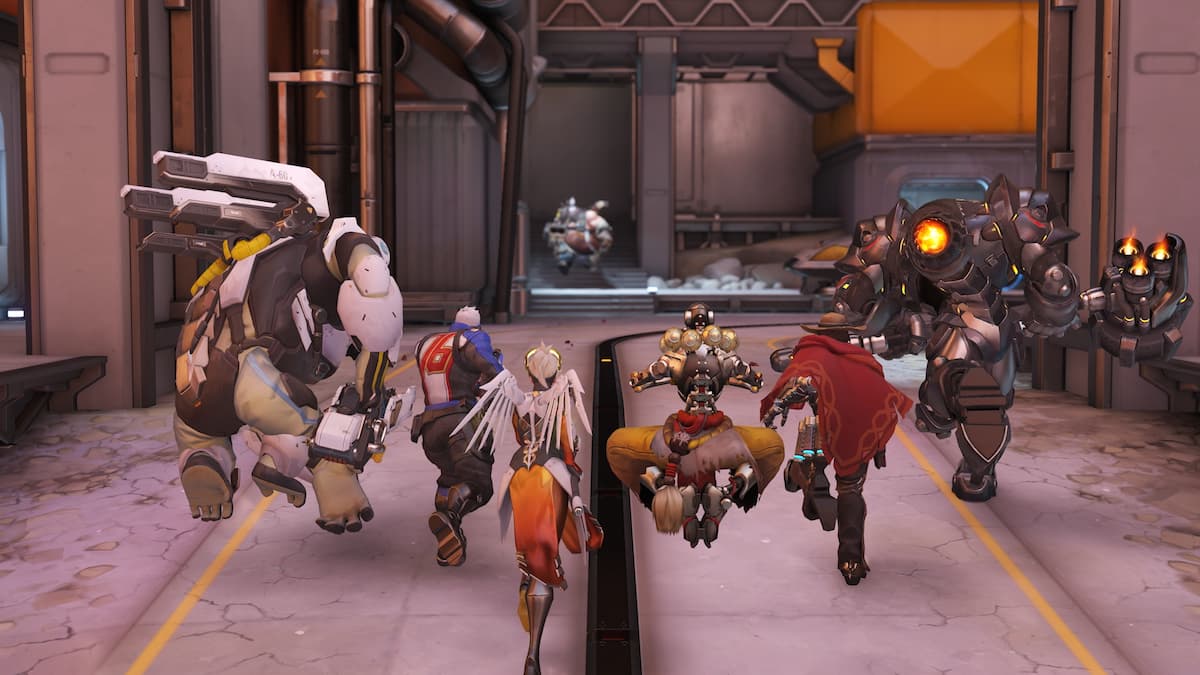
Published: Jan 2, 2019 08:45 am